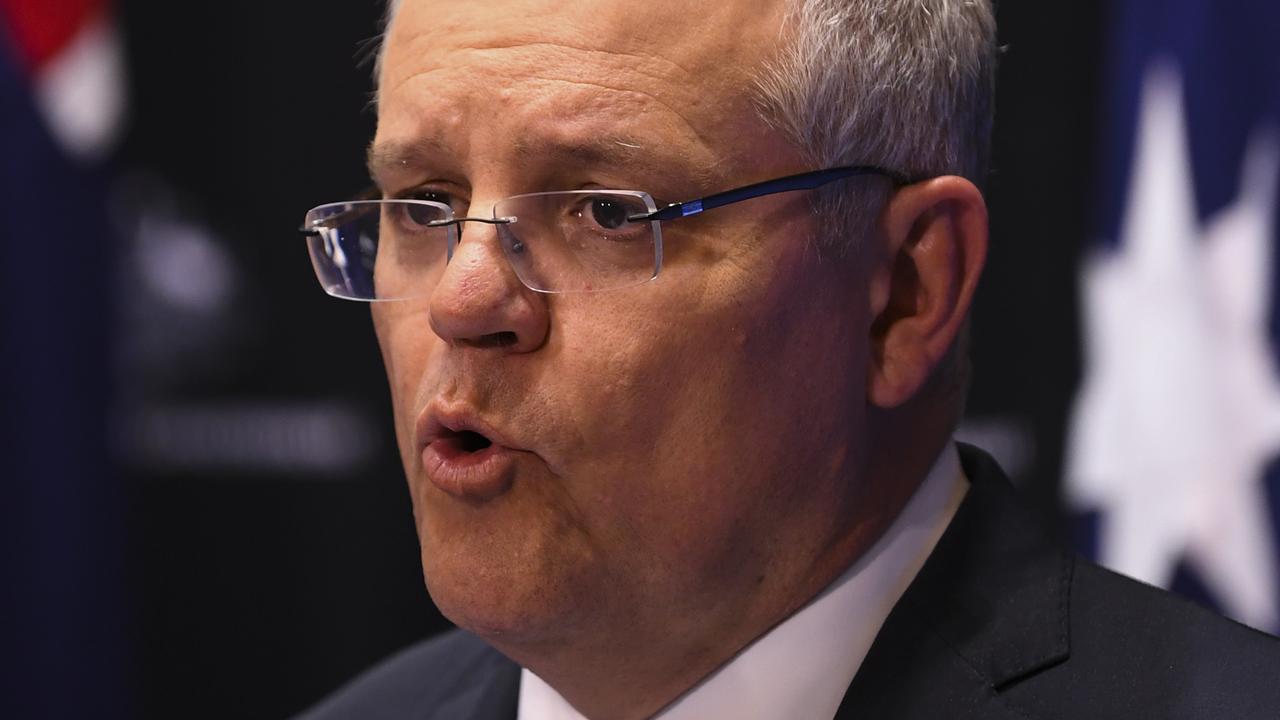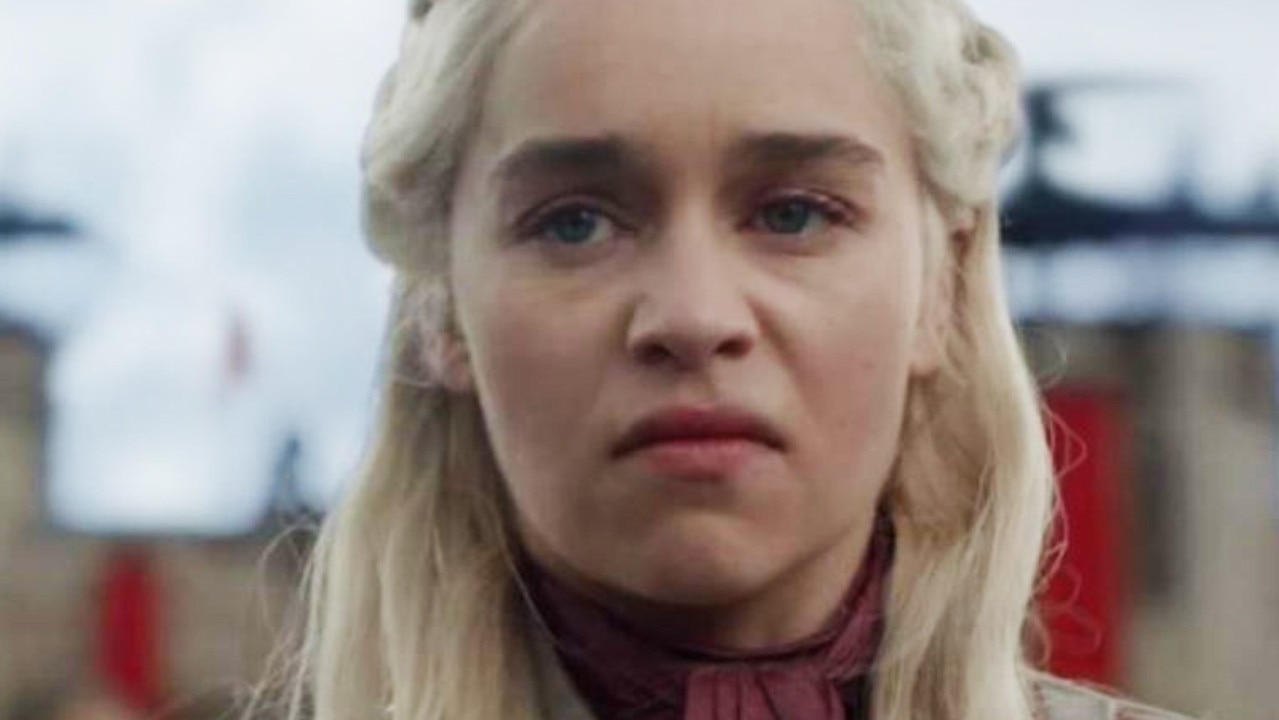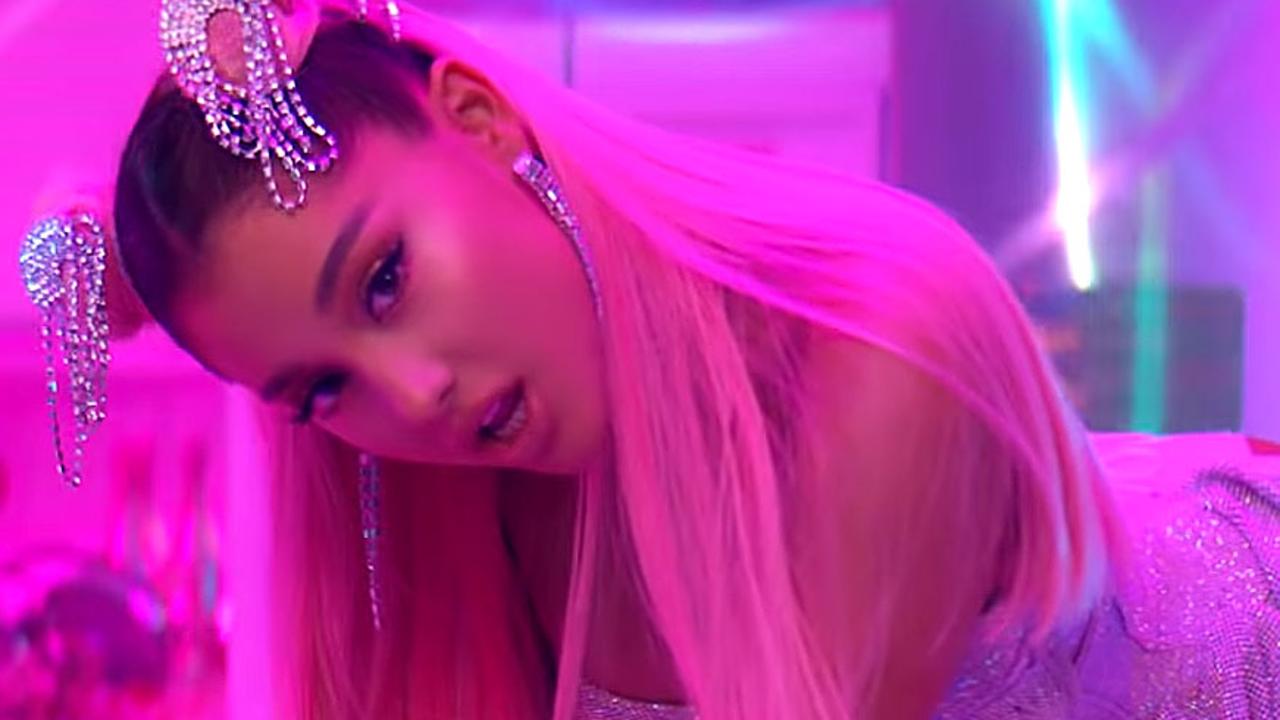Three-strike movie download warnings may open the door to hefty Hollywood demands
AUSTRALIA is one of the biggest nations of movie pirates in the world, but analysts say the film industry is its own worst enemy.

AS MANY as one in three Australians could be asked to pay thousands of dollars in damages to Hollywood studios for illegally downloading and sharing the latest blockbusters.
And, threatened with lawsuits worth up to $190,000, they could be encouraged to pay $10,000 to settle the issue outside the court system.
It is the potential outcome from a busy week in copyright circles, in which the American film studio behind Dallas Buyers Club won a Federal Court application to access the names and addresses of Australians it claims downloaded and shared the 2013 Academy Award-winning film.
But consumer advocates say it’s not necessarily this landmark case but the three-strikes copyright code proposed to follow it that could see Australians sued in large numbers, and sent “pay-up-or-else extortion letters”.
The only genuine and lasting solution to the issue, they say, is a rethink of how and when films are made available in Australia.
There’s little doubt Australians have embraced illegally downloading entertainment.
Despite our population of just 22 million, we topped the world in downloading the Game of Thrones season four premiere.

TorrentFreak found Australians represented 11.6 per cent of downloads, outstripping the United States at 9.3 per cent, and the United Kingdom with 5.8 per cent.
Subscription TV provider Foxtel estimates about 500,000 Australians torrent each episode of the aptly lawless HBO show, while the same number subscribe and watch it legally.
A Choice survey of more than 1000 Australians late last year also showed one third admit to downloading or streaming pirated movies or TV shows, and 23 per cent said they did so monthly or more often.
Price was the main motivation for illegally downloading content, according to Choice, followed by accessing films and TV shows sooner than they would otherwise become available in Australia.
But until now there have been few consequences to these copyright infringements which, while not criminal offences, break copyright law and leave users open to civil lawsuits.

It is those kinds of lawsuits that the studio behind the Matthew McConaughey film, Dallas Buyers Club LLC, and its parent company, Voltage Pictures, are known for pursuing.
In the United States, Voltage Pictures filed multi-defendant lawsuits against people it claims downloaded its film from BitTorrent sites.
But the company also engages in a practice called “speculative invoicing”.
This involves sending individuals a monetary demand to settle a lawsuit before it even begins.
In one case, Voltage Pictures asked Colorado musician Drew Froehlich to pay $US8000 to avoid being sued for $US150,000.
The studio has also pursued alleged film pirates in Singapore, using court orders to obtain the details of alleged infringers and sending them letters demanding damages and compensation.
In Australia, Dallas Buyers Club LLC successfully applied for a group of six internet providers to hand over the details of 4726 Australian accounts it alleges were used to download and share its film.

The companies — iiNet, Internode, Dodo, Adam Internet, Amnet Broadband, and Wideband Networks — must hand over account holders’ names, residential and email addresses, or appeal the decision within 28 days.
But, in an apparent effort to avoid “speculative invoicing” in the case, Justice Perram ordered the studio to “submit to me a draft of any letter they propose to send to account holders”.
Voltage Pictures royalties and music administration vice-president Michael Wickstrom told Triple J the company would send letters to Australians but the content of those letters was still undecided.
“We are working with our Australian attorneys to come up with an Australian solution for an Australian problem.” he says.
“What works in the US may not work in Australia, but we’re developing a system that will become a deterrent.”
The matter will return to court on April 21.
University of Sydney law professor Matthew Fraser says the Federal Court ruling is important, as it will stop the studio issuing monetary demands to keep Dallas Buyers Club cases out of court.
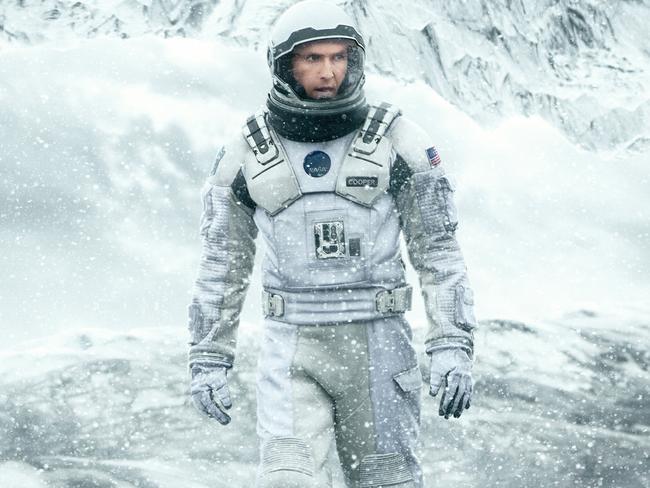
“We’ve seen the judge set a precedent about this,” he says.
“Speculative invoicing has never happened in Australia and it’s a good thing the judge has ensured that (it won’t be part of this case).”
But Choice campaigns manager Erin Turner says a three-strikes copyright code, formalised in the wake of the Australian Dallas decision, could make speculative invoicing “very likely” in Australia.
The Copyright Notice Scheme Code 2015, submitted to the Australian Communications and Media Authority this week, was developed by internet service providers, and entertainment rights holders.
If registered, it would see alleged film pirates sent a series of notices: the first educational, the second a warning, and the third a final warning.
After three notices in 12 months, the user’s internet provider would not challenge a court application to obtain their information, though it would still be up to the court to grant the order.
Ms Turner says this code opens the door to large financial demands from Hollywood studios and formalises the process of suing individuals.
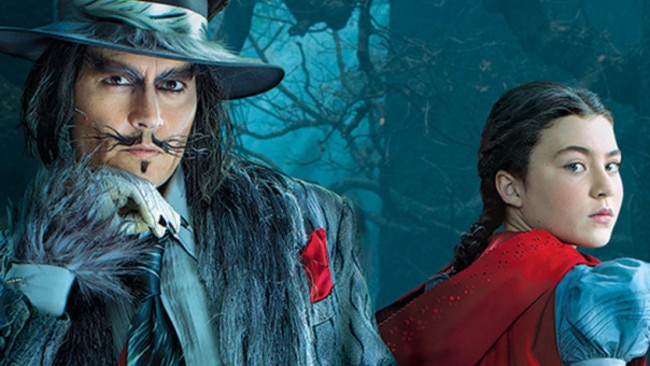
“This isn’t a gentle education scheme — it’s a pathway to legal action, whether that’s speculative invoicing or a court case, which we’ve yet to see in this country,” Ms Turner says.
“We argued as part of our submission that any rights holder who has sent speculative invoices — these pay-up-or-else extortion letters — be excluded from this code. No sensible rights holder would do that.”
Communications Alliance, which submitted the code, did not limit the studios which can use it, but did remove a proposed $25 fee to challenge an infringement notice, and add an extra consumer representative to the review panel that also includes four industry representatives.
But Australian Communications Consumer Action Network policy officer Xavier O’Halloran says the changes did not go far enough.
Mr O’Halloran warns that the damages demanded from those who receive a final warning could be much greater than examples seen in the United States as there will be evidence of multiple infringements.
“Because there will be three examples (of an individual illegally downloading content), it’s potentially more severe than under the Dallas Buyers Club case where there was only one movie involved. Under this code, the possibility for bigger damages against consumers is a real one,” he says.

“Under Australian law, there’s no cap or even maximum or minimum amount you could be liable for.”
Mr O’Halloran says the Network recommends anyone who receives a speculative invoice from a movie studio to “seek independent legal advice”.
Ultimately, Ms Turner says, neither the proposed copyright code nor letters of demand will stop Australians pirating movies as much as making content available in a timely and affordable way would do.
A sudden expansion of streaming entertainment services in Australia, such as Netflix, Presto and Stan, has increased available online entertainment options, she says, but some content is still only available overseas and other content is delayed.
Films including Taken 3, Interstellar, and Into the Woods are currently available for online purchase in the US iTunes Store, for example, but not in Australia.
“We’re still seeing a lot of windowing — the content isn’t coming to Australia at the same time as the rest of the world,” Ms Turner says.
“There is content they can’t buy in any Australian stores. If you fix that problem, you’ll deal with about half of the reasons behind piracy.”

